Issues that are Important to Us
- To protect the 54% share held by the United States of the western Atlantic bluefin tuna quota as mandated under agreements authored by the International Commission for the Conservation of Atlantic Tunas (ICCAT).
To protect, defend and enhance the United States’ traditional annual catch of Bigeye, Albacore, Yellowfin and Skipjack tuna resources; to earnestly work toward an equitable and sustainable sharing of these resources with other countries authorized to harvest these species in the Atlantic Ocean and adjacent seas. ABTA will support efforts to implement sensible and effective management controls in critically important geographical areas where excessive fishing effort is having a negative effect on the health of these fish stocks. ABTA will also support efforts to reduce fishing overcapacity and illegal, unreported and unregulated (IUU) fishing.
To sponsor independent research into the life history, migration patterns, population structure, foraging and spawning activities of Atlantic tunas. ABTA is committed to sponsoring independent and vigorous scientific participation at periodic formal bluefin stock assessment meetings and related scientific meetings.
To energetically protect the forage base and the pelagic ecosystem that supports the life-cycle and the health of Atlantic tunas in the US fishery.
To advocate for an ecosystem-based approach to fishery policy for Atlantic tunas including advocating for corrective measures aimed at maintaining the health and stock size of critical forage species such as Atlantic herring, squid, mackerel, menhaden and zooplankton.
- To ensure that all ABTA tuna fishermen are given reasonable opportunities and regulatory flexibility to catch their annual allocated fishing quota.
- To establish and maintain a Board of Directors comprised of representatives of the various tuna fisheries as well as various types of authorized fishing gear who are empowered to establish policy, set strategic objectives and develop long-term strategies for protecting the tuna fisherman’s access to the resource.
Photo courtesy: TheAnimalDay.org

